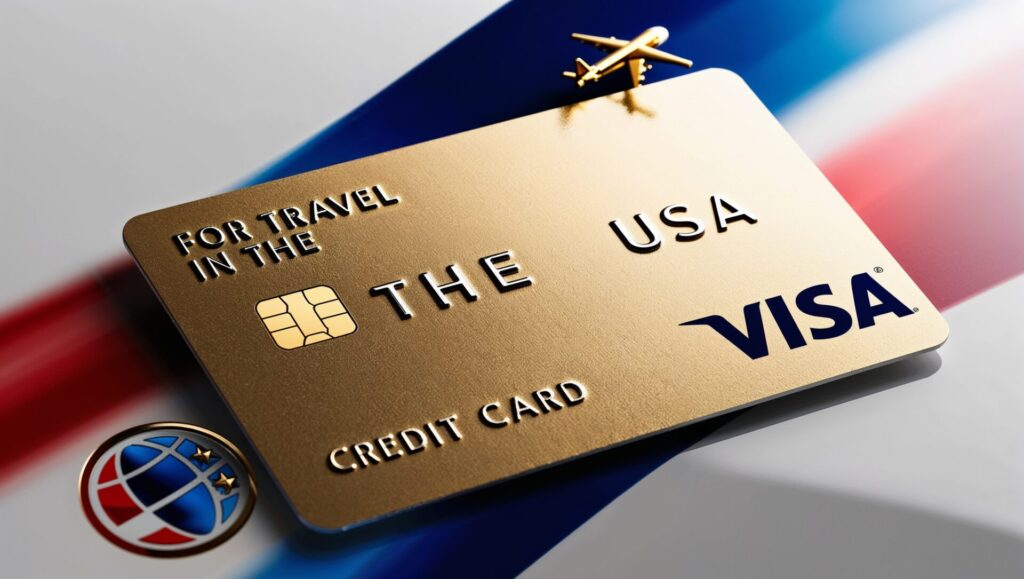Imagine being able to buy your way into America—at a price of $5 million. That’s what former President Donald Trump is proposing with his controversial “gold card” visa program, an expedited route to U.S. residency for the world’s wealthiest individuals. The plan, which Trump estimates could generate trillions in revenue, is to replace the decades-old EB-5 investor visa program. But while the proposition is bold, the implications are far-reaching—from housing booms to national security.
Dissecting the Gold Card Visa Scheme
In effect, Trump’s proposal offers a luxury edition of the regular green card: a “gold card” guaranteeing long-term U.S. residence—and possibly citizenship—in return for a $5 million payment. As opposed to the EB-5 visa, which requires investors to create at least 10 U.S. jobs, Trump’s proposal does away with that requirement altogether. His administration argues the new program is simpler, more lucrative, and aimed at the ultra-wealthy who would “pay a lot of taxes and hire a lot of people.”
Economically, Trump pitches the idea as a national windfall: selling a million gold cards, he figures, would bring in $5 trillion. While this math is fanciful and largely speculative, the basic idea is duplicated in “golden visa” programs used in over 100 countries to lure high-net-worth individuals. Yet many such programs have been the target of criticism and even cancellations—Spain, the U.K., and others have recently canceled similar programs amid worries ranging from inflated housing markets to money laundering.

How It Compares to Other Golden Visa Programs
Golden visas are nothing new. Greece, Portugal, and Malta are just some of the countries that have offered residency in exchange for investment in property or significant injections of capital. Yet in recent years, such programs have come to be looked at increasingly askance. The U.K., for instance, ended its golden visa program amid fears it was allowing “corrupt elites” to buy influence and avoid scrutiny. Spain shut its program in 2024 after allegations it was driving up house prices and locking out locals.
For comparison, Trump’s plan is more expensive and less regulated—at least based on early descriptions. With no job creation or local investment requirements, the question is: Is this a passport-for-cash program? And, more importantly, how will the U.S. vet applicants, especially those from nations with strained diplomatic ties?

Where Will the Wealthy Settle?
If accepted, the plan has the potential to redraw America’s map of housing and wealth. Wealth intelligence data already shows that cities like New York, San Francisco, and Los Angeles are already home to the largest number of millionaires and billionaires—and likely to be prime destinations for gold card arrivals.
New York City, with 350,000 millionaires and 60 billionaires, is the wealth capital of the country. Its median home prices are near $767,000, but its financial and media influence gives it a status as a center for the global elite.
San-Francisco Bay Area, home to Silicon Valley, not only has 306,000 millionaires but also leads the pack in billionaire residents (68). Its technology industry and innovation ecosystem guarantee that it is another likely hotspot. Los Angeles, the entertainment and high-living city, is also a residence for 212,600 millionaires. Despite threats of wildfires and astronomical costs (median home: $1.11 million), it remains a major draw.
Other attractive cities include Miami, with its upscale lifestyle and global appeal; Austin, a booming tech hub; Chicago, with its strong manufacturing base; and Houston, a center of energy industry wealth.
Importantly, these cities don’t just offer luxury property. They also represent diversified economies—technology, finance, healthcare, and so on—hence making them appealing to global investors who want more than a visa.
Click here to learn more and subscribe to the newsletter
Security and Policy Challenges
However, there are serious worries. Critics argue that selling residency to the highest bidder could mean letting in problematic applicants—oligarchs from unfriendly nations, for example. Trump has said “vetting” but offered no details. When questioned about Russian oligarchs, he gave an unclear answer, saying, “I know a few… they’re very nice people.”
This lack of clarity worries security experts and policymakers alike. Earlier golden visa programs, especially in Europe, have been used as channels for laundering dirty cash or circumventing sanctions. If the U.S. were to replicate them without strict oversight, it could face the same problems.

Would It Really Work?
Strategically, luring foreign capital isn’t necessarily bad. Countries like the U.S. benefit from foreign investment—when it’s open, managed, and contributes to the economy. Lacking tight controls, though, the gold card program can quickly become an emblem of corruption and inequality, where citizenship is auctioned and influence traded.
And while Trump fantasizes about trillions in revenue, the real question is demand. Will the world’s rich pay $5 million for U.S. residency when other countries offer it cheaper—typically with easier procedures and more investor-friendly environments? According to 2024 data, the U.S. is still one of the top locations for affluent emigrants, but it has competition from Australia, UAE, Singapore, and Switzerland—countries that offer more certainty, fewer political hurdles, and sometimes lower costs.
Get your free guide “Passive Real Estate Investing For Busy Professionals”
Conclusion: A High-Stakes Proposal with Global Implications
Trump’s $5 million “gold card” visa proposal is as contentious as it is ambitious. It aims to leverage America’s global popularity to obtain the world’s wealthiest individuals in exchange for residency, and perhaps, citizenship. Yet, while the program would boost U.S. real estate and tax revenues, it also opens a Pandora’s box of moral, economic, and national security challenges.
As other countries scale back their golden visa programs, the U.S. must weigh the dangers of taking the plunge where others have retreated. With millionaire migration at an all-time high, the potential is real—but so are the dangers of getting it wrong. In the future, if the gold card is to materialize, it will depend not just on legal feasibility, but on public opinion, international relations, and the delicate trade-off between opportunity and control.
*This article is based on publicly available sources and is intended for informational purposes only. We do not claim ownership of the content used and encourage readers to refer to the original materials from their respective authors.
Follow us on Instagram for exclusive content. Explore our comprehensive Udemy course for detailed insights and strategies. Ready to elevate your investment journey? Contact us now to schedule a consultation and achieve your financial goals in real estate.
* Disclaimer: The content provided on this website is intended for educational and informational purposes only and does not constitute investment, financial, or tax advice. We strongly recommend that you consult with qualified professionals before making any financial decisions. Past performance of investments is not indicative of future results. The information presented here is not a solicitation or offer to buy or sell any securities or investments. Our firm may have conflicts of interest, and we do not guarantee the accuracy or timeliness of the content provided. Investing involves risks, and you should carefully consider your financial situation and consult with a financial advisor.


























